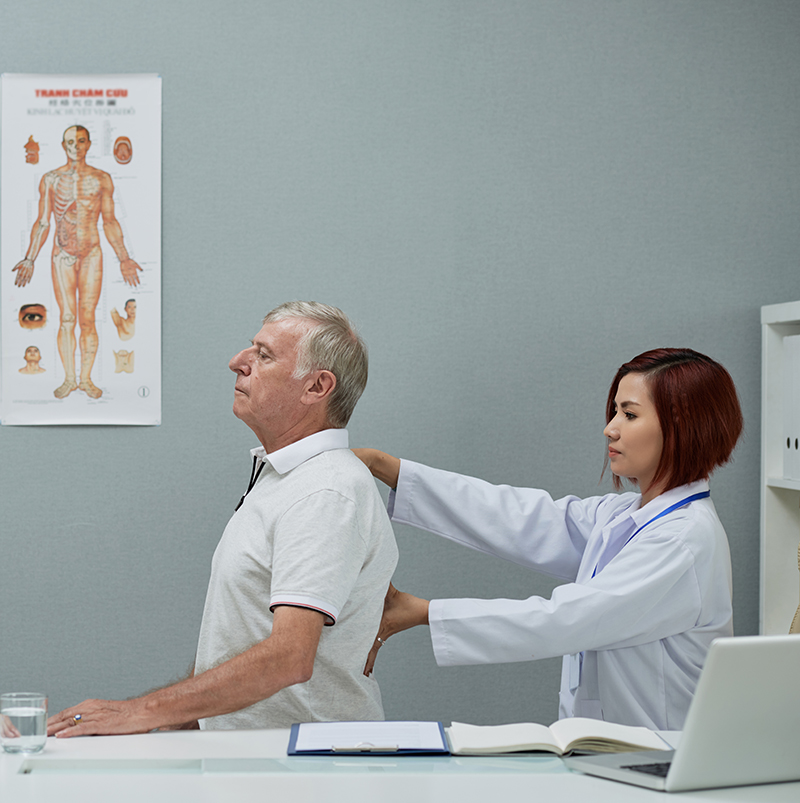Men’s Health
We have a special focus on Men’s sexual health, vitality and virility.

Did you know that:
- Men are less likely than women to have visited a doctor within the past year.
- Men are more likely than women to be hospitalised for congestive heart failure.
- Men are more likely than women to be hospitalised for long-term complications of diabetes and are more than twice as likely than women to have a leg or foot amputated due to complications related to diabetes.
- Men are more likely than women to be hospitalised for pneumonia.
- Men may also be affected by conditions that only affect men, such as male pattern hair loss, prostate cancer and low testosterone.
Men’s health in Singapore is often trivialised and glossed over. Many of the major health risks that men face – like colon cancer or heart disease – can be prevented and treated with early diagnosis.
Here are some medical conditions that typically affect men:
- Prostate cancer
- Prostate enlargement
- Premature ejaculation
- Erectile dysfunction
- Low testosterone levels
At Nuffield Medical, we are a Singapore men’s health clinic that offers a male-oriented Male Wellness Screening that provides a detailed screening for low testosterone levels and a detailed prostate screening.
For any emergency Men’s health issues, please call us at 6636 3083. All consultations and testing are strictly private and confidential.
Specific Men’s Health:
- Loss of libido / sexual interest
- Erectile dysfunction
- Premature ejaculation
- Andropause or Testosterone deficiency –
various forms of testosterone replacement are available
General Men’s Health:
- Hair loss – alopecia androgenetica
- Weight management
- Acne and other skin concerns
- Depression, anxiety and other psychological conditions
- Adult vaccinations (eg. Hepatitis A & B,
HPV / genital warts, Pneumococcal )
Screening
These are some of the changes that can occur in the male reproductive system with age.
Andropause
Gradual aging changes in the male reproductive system such as testicular tissue, sperm production, and erectile function. Aging changes in the male reproductive system occur primarily in the testes. Testicular tissue mass decreases and the level of the male sex hormone testosterone may decrease and there may be problems with erectile function. However, this is a general slowing, rather than a complete lack of function.
Decrease in fertility
The tubes that carry sperm may become less elastic (sclerosis). The testes continue to produce sperm, but the rate of sperm cell production slows. Fertility varies from man to man, and age is not a good predictor of male fertility. The volume of fluid ejaculated usually remains the same, but there are fewer living sperm in the fluid.
Problems with urinary function
The prostate gland enlarges with age as some of the prostate tissue is replaced with a scar-like tissue. This condition, called benign prostatic hypertrophy (BPH), affects about 50% of men. This may cause problems with slowed urination, as well as with ejaculation.
Decrease in the sex drive (libido)
May occur in some men. Sexual responses may become slower and less intense. This may be related to decreased testosterone level, but it may also result from psychological or social changes related to aging (such as the lack of a willing partner), illness, chronic conditions, or medications. Aging by itself does not prevent a man from being able to enjoy sexual relationships.
